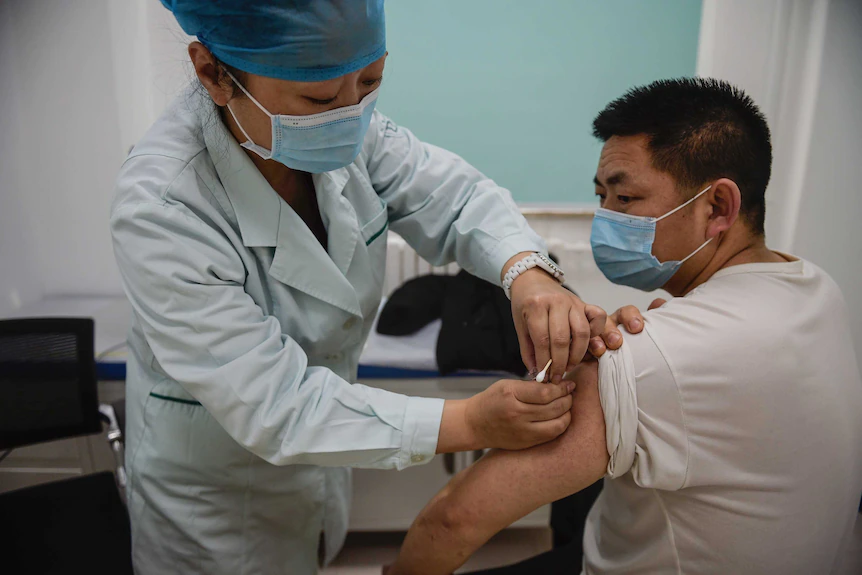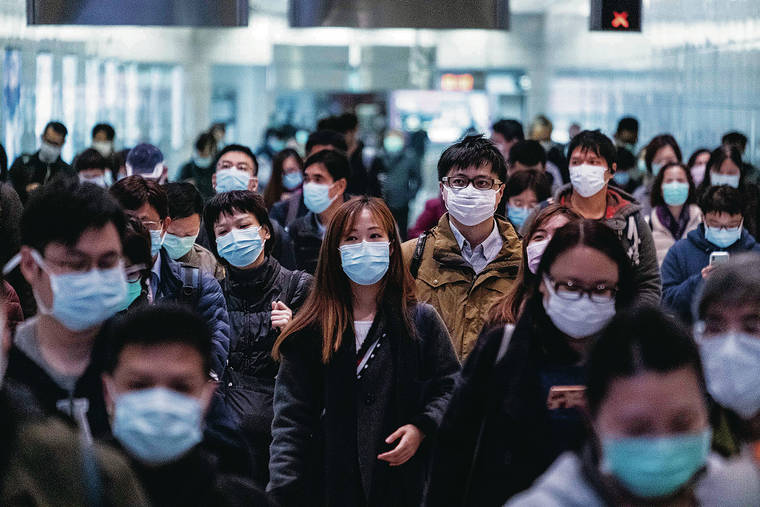Following the reporting of less than 200 asymptomatic instances of Covid-19 over the previous two days, China on Wednesday banned all trains and buses into and out of Xinjiang, effectively putting the western province under siege.
As the government stepped up its “zero-Covid” policy, local officials in at least four cities in the Xinjiang Uyghur Autonomous Region (XUAR), including the capital Urumqi, warned citizens not to leave. With a population of almost 22 million, Xinjiang is the largest region in the nation. On Thursday, the province recorded at least 97 new asymptomatic illnesses, including 40 in Urumqi, and 93 cases on Wednesday, both for the day before.
Since the start of the most recent outbreaks in August, 452 asymptomatic Covid-19 cases have been documented in the area, making the stringent restrictions seem out of proportion to the actual number of cases.
Also Read: Jammu and Kashmir Update: 1.6 crore tourists visited since January 2022, highest in 75 years
The new restrictions were implemented just ten days before the Communist Party of China’s 20th national congress, where President Xi Jinping is anticipated to win a historic third term and the country’s leadership for the next five years would be chosen.

Even as other nations across the world discontinue their Covid-related measures, China’s stringent “zero-Covid” policy with snap lockdowns and contact isolation has become Xi’s signature anti-Covid campaign. China’s provincial governments have responded to Xi’s orders by cracking down on even the slightest breakouts, albeit at great economic cost.
In southwest China’s Guizhou province, a bus taking passengers to a Covid-19 quarantine centre crashed last month, resulting in at least 27 fatalities and 20 injuries. Outrage was raised when it was revealed that a bus was transporting apartment complex occupants to a quarantine facility, purportedly after just one case of Covid-19 was found there. However, authorities have kept up the practice, claiming that it’s the only way to stop massive outbreaks and hospitalizations.
Also Read: Airtel launches 5G in India; check out the eligible cities
At a news conference earlier this week, Liu Sushe, vice chairman of the Xinjiang administration, stated that the region’s limited nucleic acid test capability was the “greatest weakness” against the spread of the sickness. Liu was quoted by the news website Caixin as saying that “additionally, a lack of qualified personnel and suitable equipment have harmed the quality of test results and caused some samplers to become infected themselves.”

